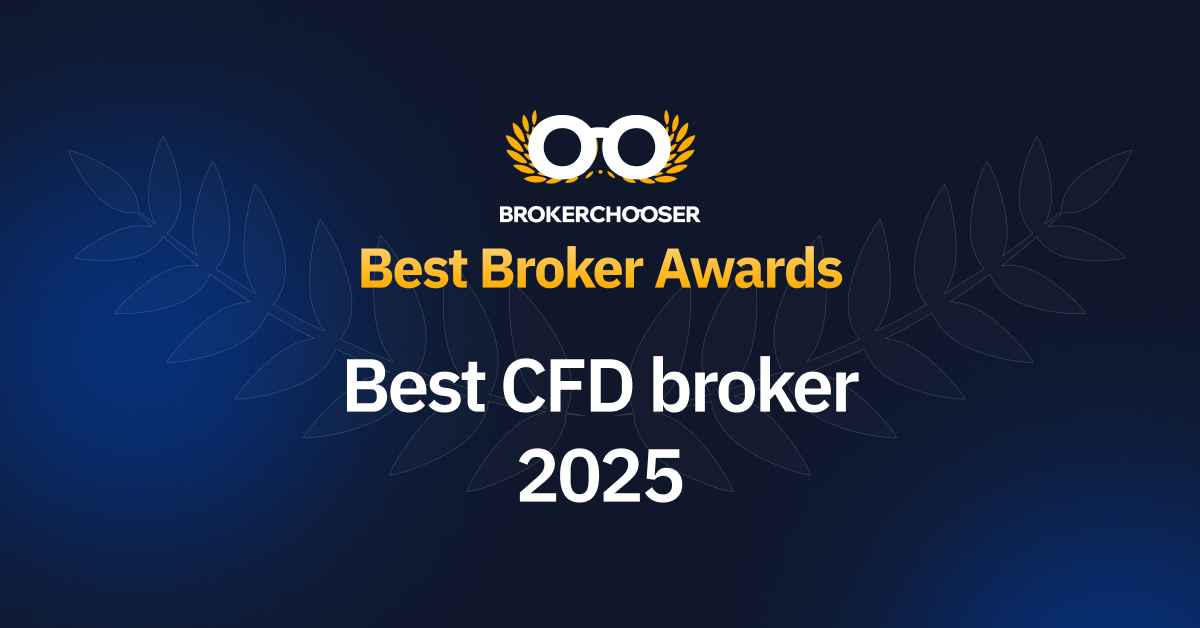Choosing the Best Stock CFD Broker: A Comprehensive Guide
In the world of trading, finding the best stock cfd broker top CFD brokers is crucial for success. The rise of Contract for Difference (CFD) trading has transformed the investment landscape, particularly in the stock market. A CFD broker allows traders to speculate on the price movements of stocks without owning the underlying assets. This guide will delve deep into how to find the best stock CFD broker that suits your trading style and financial goals.
Understanding CFD Trading
CFD trading enables you to gain exposure to various financial instruments like stocks without the requirement to own them. Instead of buying shares outright, traders enter into a contract with the broker, allowing them to speculate and profit from price fluctuations. This method offers several benefits, such as leveraging your capital, quick trade execution, and access to a diverse range of markets.
Key Benefits of Using a CFD Broker
- Leverage: CFD trading often allows for high leverage, meaning you can control a larger position with a smaller amount of capital. This can amplify your profits but also increases risks.
- Diverse Markets: Most stock CFD brokers provide access to a broad array of markets including indices, commodities, and currencies, giving you the chance to diversify your portfolio.
- Short Selling: With CFDs, you can profit from falling prices by short selling, which is not as straightforward with traditional stock trading.
- Flexible Trading Hours: Many CFD brokers offer extended trading hours, allowing you to react to market developments around the clock.
What to Look for in a CFD Broker
When searching for the best stock CFD broker, consider several vital factors:
1. Regulation and Trustworthiness
Regulation is one of the most essential aspects to consider. A regulated broker adheres to strict guidelines that protect your interests. Look for brokers regulated by reputable authorities such as the FCA (UK), ASIC (Australia), or CySEC (Cyprus).
2. Trading Platform
The trading platform is your gateway to the market. A good platform should be user-friendly, stable, and equipped with tools for analysis. Look for features such as charting tools, technical indicators, and the ability to place orders swiftly.
3. Fees and Spreads

CFD brokers earn money through spreads and commissions. It’s essential to compare these fees across brokers. Look for transparent fee structures and make sure there are no hidden charges that could eat into your profits.
4. Range of Assets
Different brokers offer various assets. If you are primarily interested in stock trading, ensure the broker provides a wide selection of stocks from different sectors and geographies.
5. Customer Support
A responsive customer support team is invaluable, especially for newcomers. Check if the broker offers multiple contact methods, including chat, phone, and email support.
Comparing the Best Stock CFD Brokers
Here, we compare some of the top stock CFD brokers based on the criteria mentioned above:
eToro
eToro is renowned for its social trading features, allowing you to copy successful traders. It is regulated and offers a user-friendly platform. Spreads may be higher compared to others, but its extensive range of assets and social features make up for it.
IG Markets
IG Markets is highly reputable with numerous awards for its trading platform. It offers competitive spreads, a wide selection of instruments, and excellent research tools. They also have a mobile app that performs well.
Plus500
Plus500 is known for its straightforward and easy-to-use platform. It has spread-only pricing and provides a demo account for practice. Regulatory compliance is robust, making it a secure platform for beginners.
FP Markets
FP Markets offers low spreads and a wide range of leverage products. The broker is well-regulated and has a good reputation among forex and CFD traders. It also offers two different trading platforms: MetaTrader 4 and MetaTrader 5.

Tips for Trading Stocks with CFDs
Here are some strategies to maximize your trading potential:
1. Develop a Trading Plan
Before starting trading, create a plan that includes your financial goals, risk tolerance, and strategies for entering and exiting trades. A well-defined plan helps to mitigate emotional trading decisions.
2. Use Risk Management Techniques
In CFD trading, risk management is crucial. Always use stop-loss orders to protect your capital and avoid over-leveraging your account. A good rule of thumb is not to risk more than 2% of your capital on a single trade.
3. Stay Informed
Keep abreast of market news and developments that could affect stock prices. Economic indicators, earnings reports, and geopolitical events can significantly impact your trading outcomes.
4. Use Technical Analysis
Utilize technical analysis to identify trends and potential reversal points in stock prices. Learn to read charts and use indicators to make informed trading decisions.
5. Practice with a Demo Account
If you’re new to CFD trading, start with a demo account. This will allow you to practice your trading strategies without risking real capital.
Conclusion: Your Path to Choosing the Best Stock CFD Broker
Finding the best stock CFD broker is pivotal to your trading success. By considering the factors outlined in this guide, compared various options, and equipped yourself with the right trading strategies, you can enhance your trading experience. Remember to always trade responsibly and keep honing your skills through practice and research.



Kommentare von reda